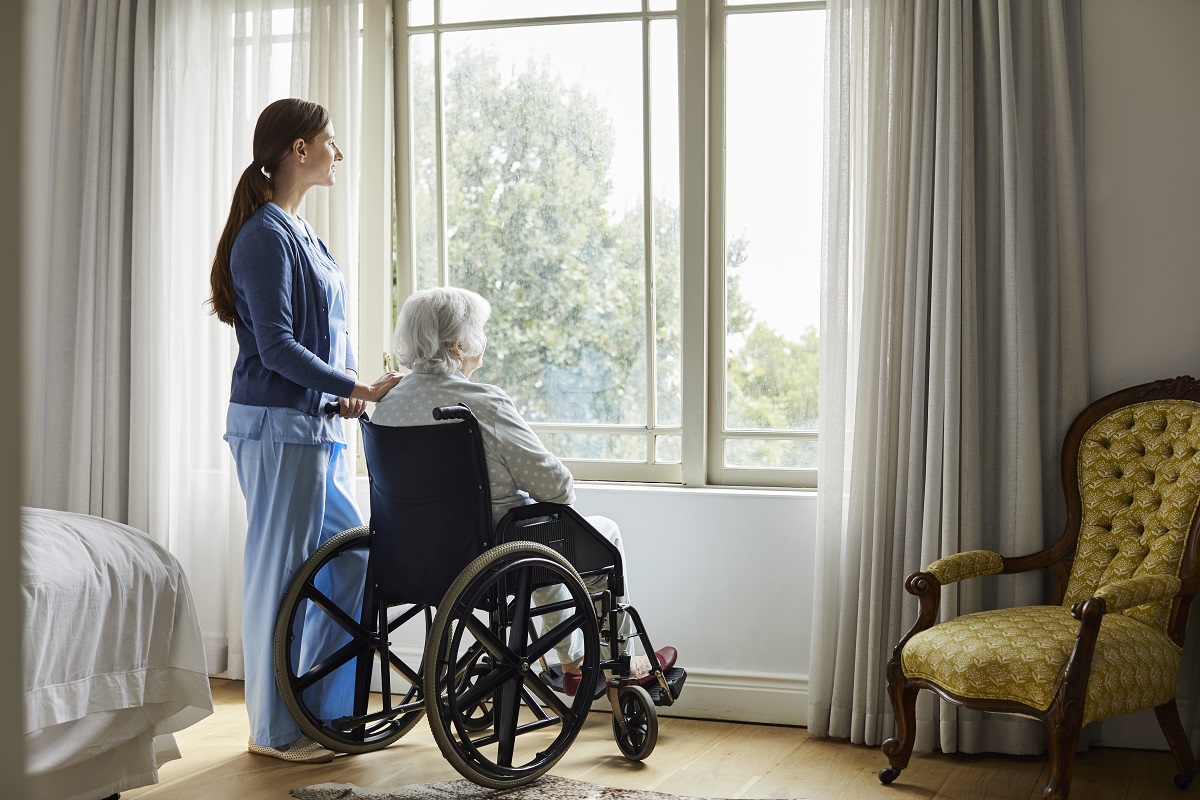
Using real-world training and coaching, two new Flinders University research projects are aiming to bring much needed improvements to the care provided to people living with dementia.
In one project, published in the journal BMJ Open Quality, a Flinders University lead research team has evaluated a quality improvement collaborative to improve the quality of dementia care.
Clinicians were invited to take part in a structured program for over nine months, during which they were provided clear coaching and remote support to develop improvement plans in their own work setting, including practical insights from people living with dementia and their caregivers.
“Despite the existence of Clinical Guidelines for the care of people with dementia, translating the evidence from the guidelines into practice is complex and slow,” says lead author Dr Lenore de la Perrelle from Flinders University’s College of Medicine and Public Health.
“Our evaluation found that a structured quality improvement collaborative program led to an improvement in the clinicians adhering to the guidelines, while also providing them confidence and flexibility to adapt their practice and enable them to reflect on and overcome a sense of pessimism about how to improve dementia care.”
The study showed the collaborative program would only need a minimum of 100 participants to prove cost effective.
“Given the large numbers of clinicians working with people with dementia, this type of quality improvement could easily be up-scaled, while still providing a return on investment,” says Dr de la Perrelle.
“Improvement in the quality of dementia care is much needed and this evaluation shows that not only are clinicians willing to do so, but a relatively small investment can deliver large returns.”
In a second study, published in the Australasian Journal of Ageing, a Flinders University team investigated whether simulation training and coaching would help aged care workers to better prevent and manage aggressive events in older people living with dementia.
Aggressive events, defined as ‘any incident in which a person is abused, threatened or assaulted in circumstances relating to their work’, are very common in the aged-cared sector and with an ageing population their incidence is expected to rise.
Seventeen aged care workers from ACH Group, a not-for-profit community and residential aged care service provider, completed education modules alongside simulation training using actors and real-life scenarios, with real-time coaching.
Lead author Professor Sue Gordon, Chair of Restorative Care in Ageing at Flinders University’s College of Nursing and Health Sciences, says one of main aims of the pilot study was to determine what impact high-intensity simulation training had on the self-belief of the carers themselves to manage aggressive events.
“What we do know is that most aggressive events are preventable by avoiding or managing behavioural causes and triggers and reacting appropriately,” says Professor Gordon.
“Our study found that after the training, most carers reported a willingness to change their practices, and more than half had indeed made changes 6 months down the track.”
Most study participants also reported that the training had contributed to them staying in their job and expressed support for the inclusion of coaching and simulations into the vocational training of aged care workers.
“As Australia’s ageing population continues to grow, we must look at solutions to support our aged-care workers and in turn the clients they support.
“While further research is needed, our study shows that the inclusion of high-intensity simulation training and coaching could have a positive impact on both the carer and patient,” says Professor Gordon.
###
Paper 1, ‘How, why and under what circumstances does a quality improvement collaborative build knowledge and skills in clinicians working with people with dementia? A realist informed process evaluation’ by Lenore de la Perrelle, Monica Cations, Gaery Barbery, Gorjana Radisic, Billingsley Kaambwa, Maria Crotty, Janna Anneke Fitzgerald, Susan Kurrle, Ian Cameron, Craig Whitehead, Jane Thompson and Kate Laver is published in the journal BMJ Open Quality. DOI: 10.1136/bmjoq-2020-001147. Funding was provided by the National Health and Medical Research Council (NHMRC).
Paper 2, ‘Simulation and coaching to prevent aggressive events in aged care: A pilot study’ by Susan Gordon, David Gillham, Lily Xiao, Anita De Bellis and Nicky Baker is published in the Australasian Journal of Ageing. DOI: 10.1111/ajag.12961. The project was funded by Safework SA. ‘In kind’ support was provided by ACH Group and Flinders University. Professor Sue Gordon is co-funded by the Aged Care Housing Group, and this project was developed collaboratively to meet a need within that organisation.

